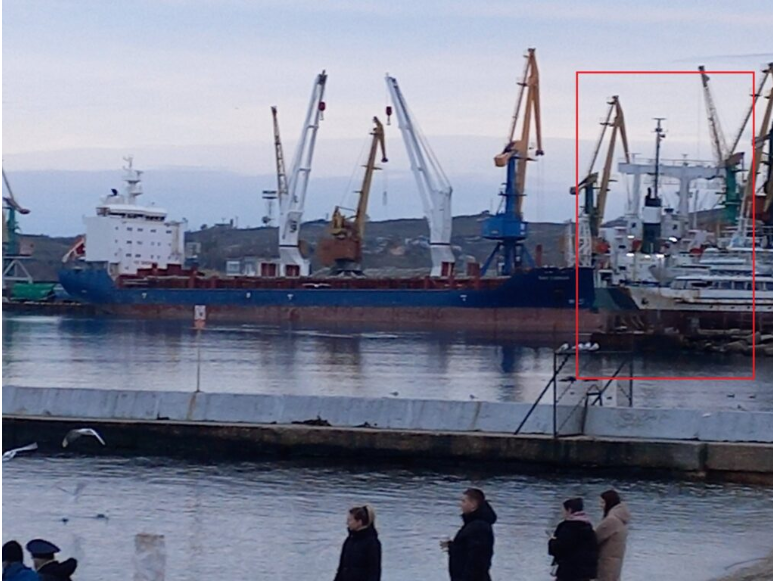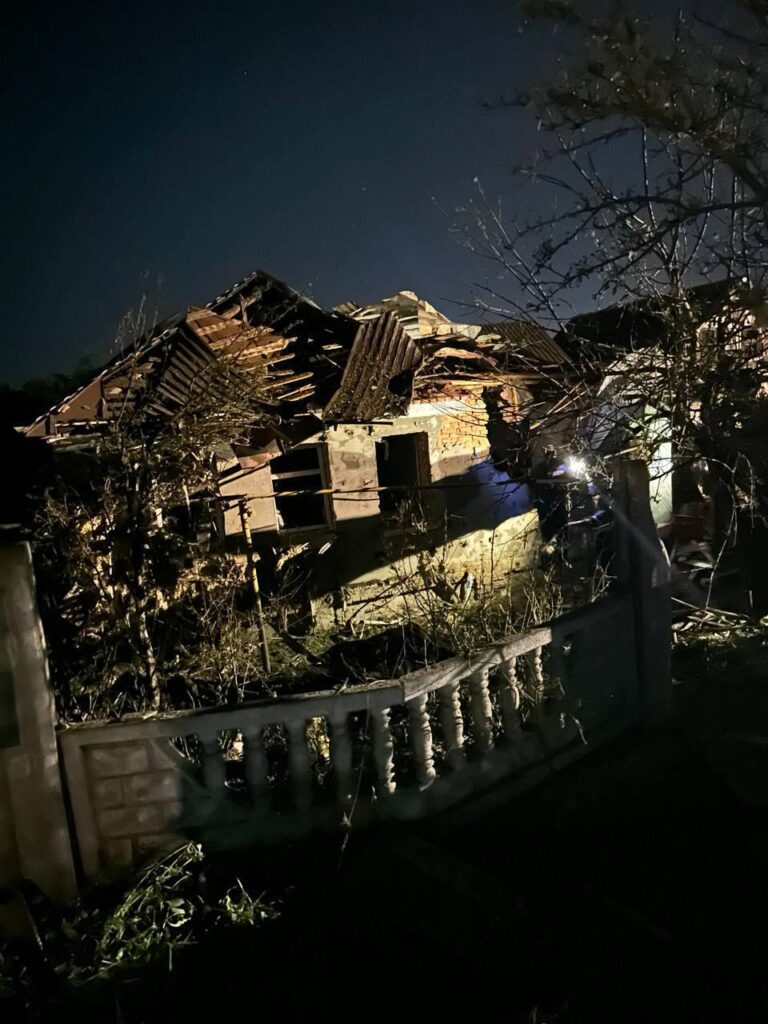Russians in Crimea pack up as relentless sound of air alerts and sight of tanks become their new reality

Once dreaming of living by the sea, now mass-selling apartments and fleeing back. Russians who moved to Crimea after the occupation are disappointed by the heat, lack of jobs, air raid alarms, and Russian military bases, OBOZ reports.
After the annexation in 2014, Russia began large-scale militarization of Crimea, turning it into a military base for the Black Sea Fleet and a springboard for further aggression. This military activity has caused widespread pollution: during training exercises and combat operations, explosives, fuel, lubricants, and heavy metals contaminate the air, soil, and water, leading to degradation of the local flora and fauna.
Real estate agents in Crimea confirm: more than half of new property owners are trying to sell or rent out their apartments.
“Residents from Siberia, the Urals, even Moscow suburbs increasingly contact us asking to sell or rent out their property,” says Kseniia, a Crimean realtor speaking anonymously.
When you start working with them, it turns out they have lived here for a year or two, some even five years, but concluded Crimea is not for them. The reasons vary, from the climate not suiting them to military actions, she continues.
Many Russians came here to live peacefully by the sea, enjoying the fruits and beaches, but reality turned out differently.
Constant air raid alarms, explosions, military equipment on the streets, and frequent inspections create an atmosphere of ongoing tension.
“Neither they nor their children can endure constant air raid alarms, let alone explosions. Some told me their children start to panic. They are irritated by the military bases literally scattered across the Southern Coast of Crimea,” Kseniia adds.
Besides military issues, Crimea lacks decent jobs with reasonable salaries. The tourism business has shrunk due to the war, and most office workers and managers simply cannot find work here.
“If you’re a plumber, electrician, mechanic, builder, or air conditioner technician, you can find work here. But salaries will be Crimean, not Moscow level,” says Mykola, a resident of Yalta.
Infrastructure and healthcare problems also do not contribute to comfortable living. Crimea lacks international chain stores, and medical services are often expensive and inaccessible.
“Corruption thrives in medicine, nobody pays attention to medical insurance here, and you have to buy medicine and even bandages out of pocket,” reads the report.
Local Crimeans also have a negative attitude toward the newly arrived Russians, blaming them for price hikes, pollution, and uncivilized behavior. The Russians, in turn, call locals rude and backward.
Add to this the harsh Crimean climate, with intense heat in summer, cold, rainy winters, mud everywhere, and sea storms, and it becomes clear why many hurry to return home.
For now, Crimea remains a place for summer vacation for most Russians, and their dream of a peaceful life by the sea has yet to come true.




